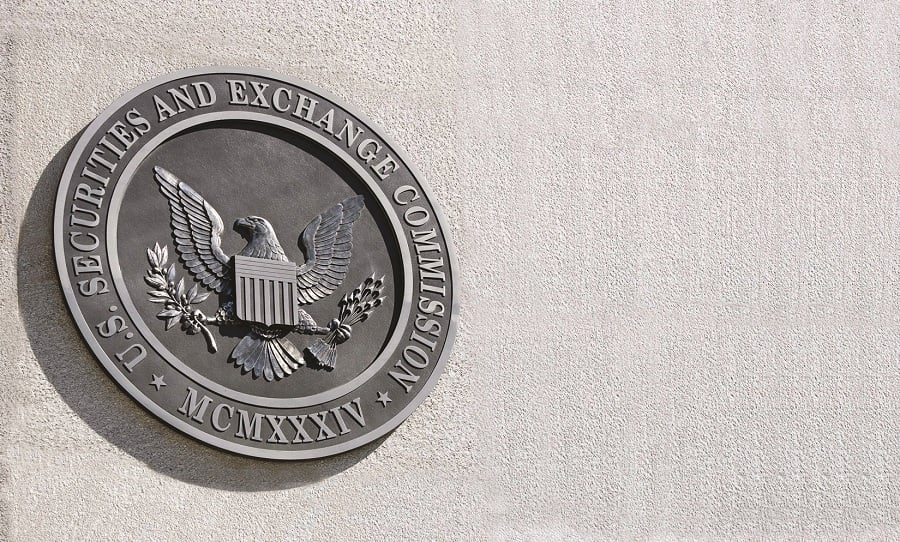

A Securities and Exchange Commission proposal to overhaul rules involving investment adviser advertising may be too vague to ensure compliance, a commissioner said Thursday.
The agency released the proposed amendments in November, marking the first attempt to update the requirements since 1961. Under the proposed rule, the SEC would allow advisers to post testimonials, endorsements and third-party ratings on social media.
The effort to bring adviser advertising regulations into the internet era was mostly welcomed by adviser trade associations. But in comment letters last month, they also expressed concern that it was too expansive and unclear in certain areas.
SEC commissioner Allison Herren Lee expressed concern that the proposal’s principles-based approach would lead to compliance uncertainty.
“If rules are too broad or vague, we may end up circumscribing conduct that we never intended to capture,” Ms. Lee said at an Investment Adviser Association conference in Washington.
She cited two areas in the proposed rule that may need more specificity: One would govern the use of illustrations of past investment performance in marketing materials and the other would set the parameters for the use of testimonials.
Ms. Lee noted past criticism of the commission for engaging in “regulation by enforcement,” or cracking down on advisers even though its own rules don’t provide specific compliance requirements.
“The current proposal may rely too heavily on high-level principles, which can certainly exacerbate this issue,” she said. “I would sincerely like to hear from the folks in this room and have you help us get that balance right.”
Ms. Lee said she supports the broad thrust of the update to the advertising rules.
“It represents a meaningful improvement on the existing framework,” she said.
Accessing private securities
The IAA is pushing the SEC to classify clients of investment advisers as sophisticated investors who would be eligible to purchase unregistered securities, or private placements. Currently, the burgeoning private market is limited to so-called accredited investors, who meet certain income and wealth thresholds.
Last year, the SEC proposed to expand the definition of accredited investor to include people with securities licenses or other special knowledge and experience. It did not include a provision, however, to make working with an investment adviser a qualification.
Ms. Lee, the lone Democrat on the now four-person SEC, was cool to the suggestion.
“I have some concerns about it writ large and whether it would work and whether, in fact, we really ought to be looking for ways to expand access into these markets for retail investors rather than, potentially, taking steps to making the public markets more attractive so that there’s more investment choice in that area,” Ms. Lee said.
In another session at the IAA conference, Dalia Blass, director of the SEC’s Division of Investment Management, said the agency is considering ways to allow retail investors to participate in private markets. She pointed out that they cannot use private securities in their defined-contribution retirement plans.
But Ms. Blass did not commit to IAA’s idea of making investment advisers a gatekeeper to unregistered securities for mom-and-pop investors.
“We are looking at private access,” she said. “We are trying to make sure we think about the best vehicle to provide this access, while at the same time making sure that we are preserving investor protections.”

Former Northwestern Mutual advisors join firm for independence.

Executives from LPL Financial, Cresset Partners hired for key roles.

Geopolitical tension has been managed well by the markets.

December cut is still a possiblity.

Canada, China among nations to react to president-elect's comments.
Streamline your outreach with Aidentified's AI-driven solutions
This season’s market volatility: Positioning for rate relief, income growth and the AI rebound
